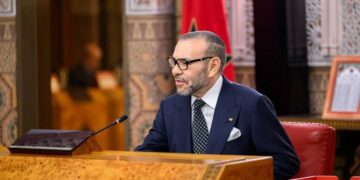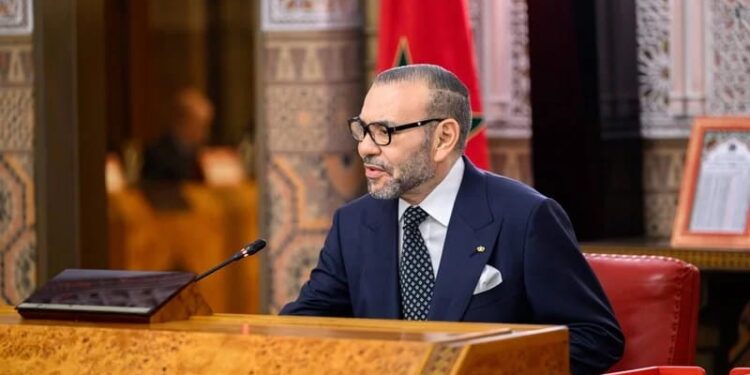By Enyichukwu Enemanna
A preliminary census figure has indicated that in the last one decade, the population of Morocco increased by only 2.9 million, a figure that has been questioned.
The latest census of the North African country also puts its total population at an estimated 36.8 million people.
The last census conducted in the country took place in 2014 and it estimated the number of Moroccans at 33.8 million.
The census implies an addition of 2.9 million people to the country’s population, representing an 8.80% increase in ten years.
The census exercise was conducted at the instance of King Mohammed VI, who in July issued directives outlining the importance of demographic data as Morocco sets out to implement transformative reforms in coming years.
The monarch emphasized the critical role of the exercise in shaping informed policies at both national and local levels.
He also highlighted the need for prompt data processing and analysis following the census to ensure its effectiveness as a tool to plan development.
A memorandum for a draft decree from the latest census also showed the total number of households in Morocco to have reached 9.27 million, a remarkable increase of 26.82% compared to the number of households recorded in 2014.
Foreign residents in Morocco are estimated at 148,152 people, reflecting an increase of 61,946 or 71.86% compared to 2014.
Morocco’s High Commission for Planning (HCP) launched the 7th general census of population and housing in September.
During the census, Moroccan citizens were provided with questionnaires related to demographic structures.
A second questionnaire which included questions about social protection, status and more was later issued.
With its proximity to Europe, it ranked 4th in Africa and 10th in the Arab World on the Social Progress Index in 2024.
In the past five years, Moroccan authorities have intercepted approximately 366,000 attempts at irregular migration to Europe.


































